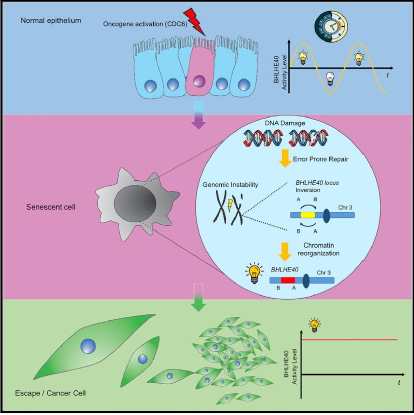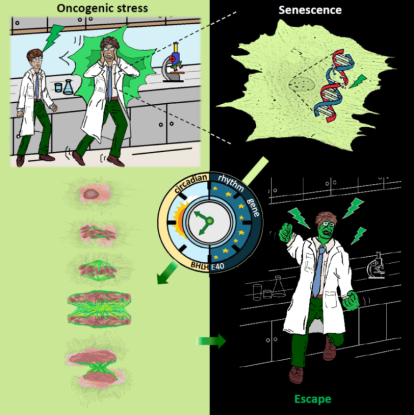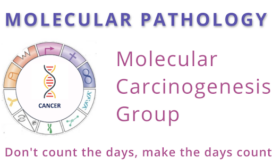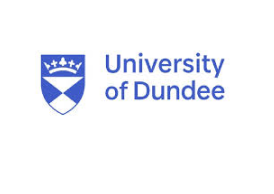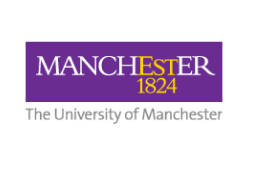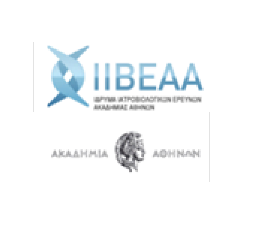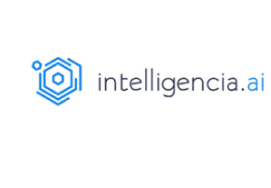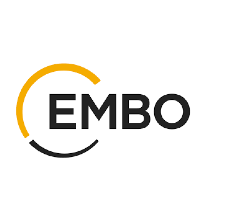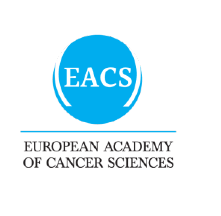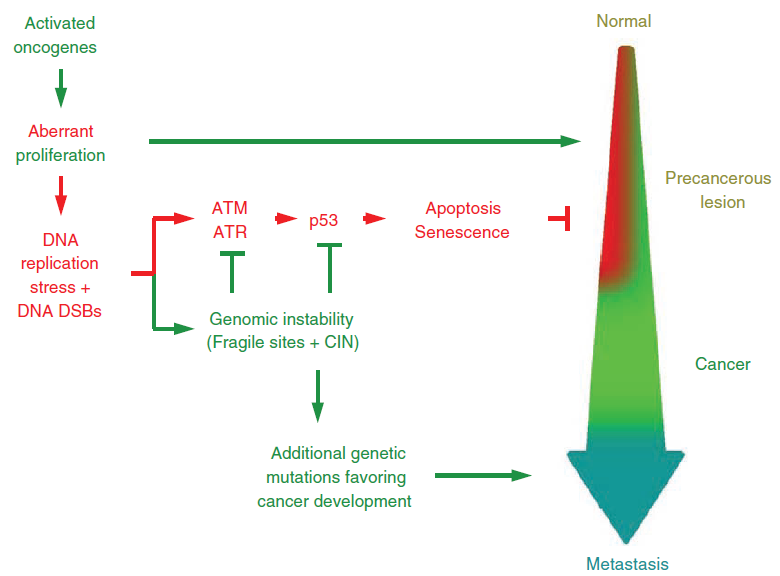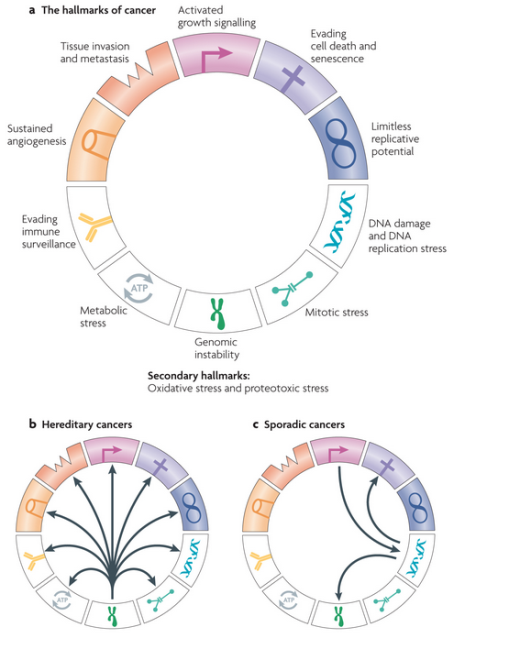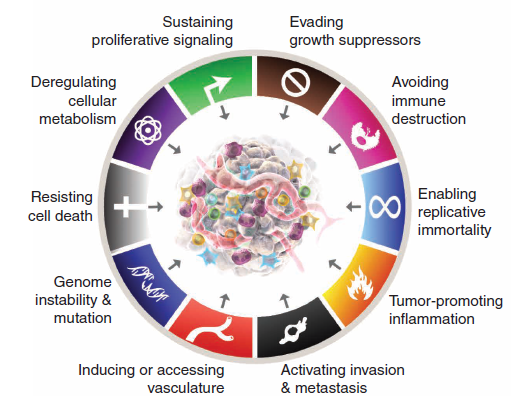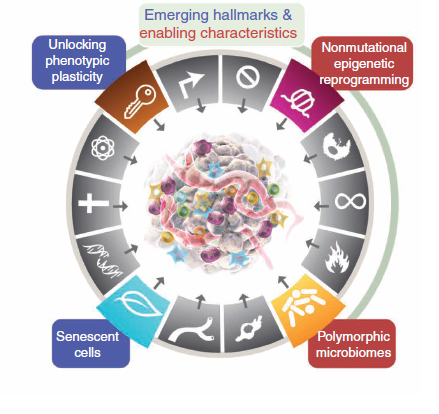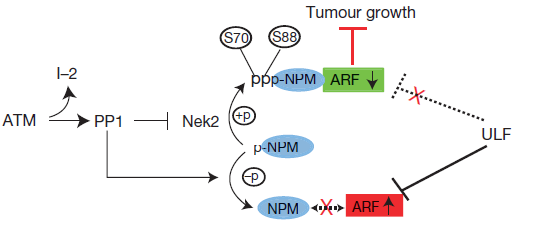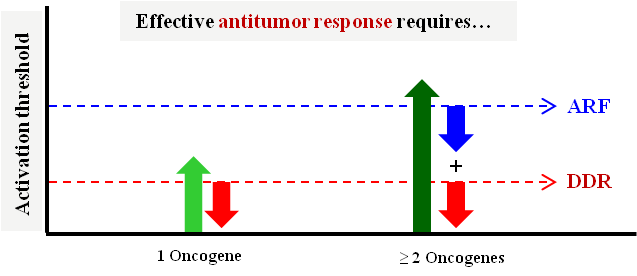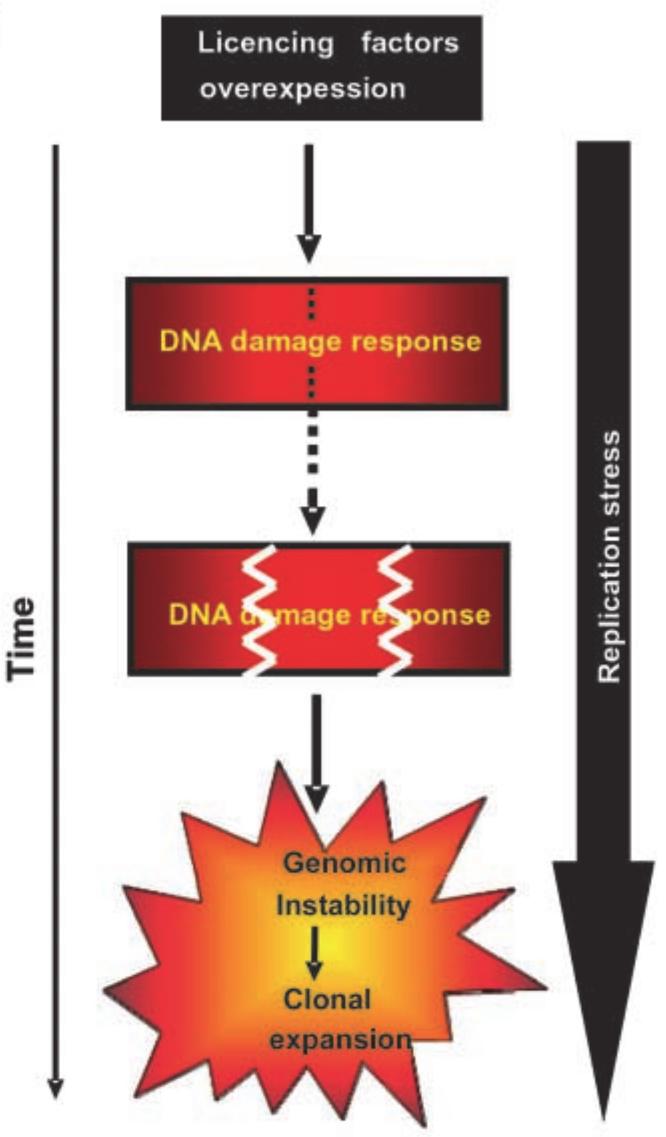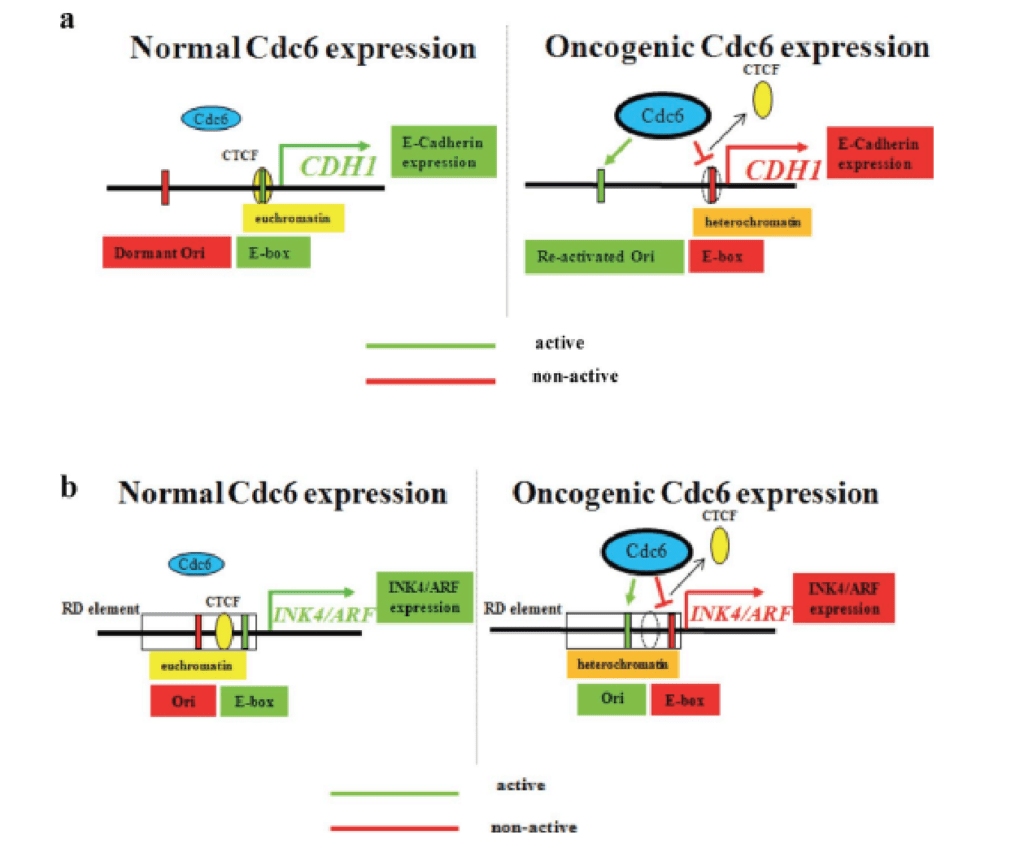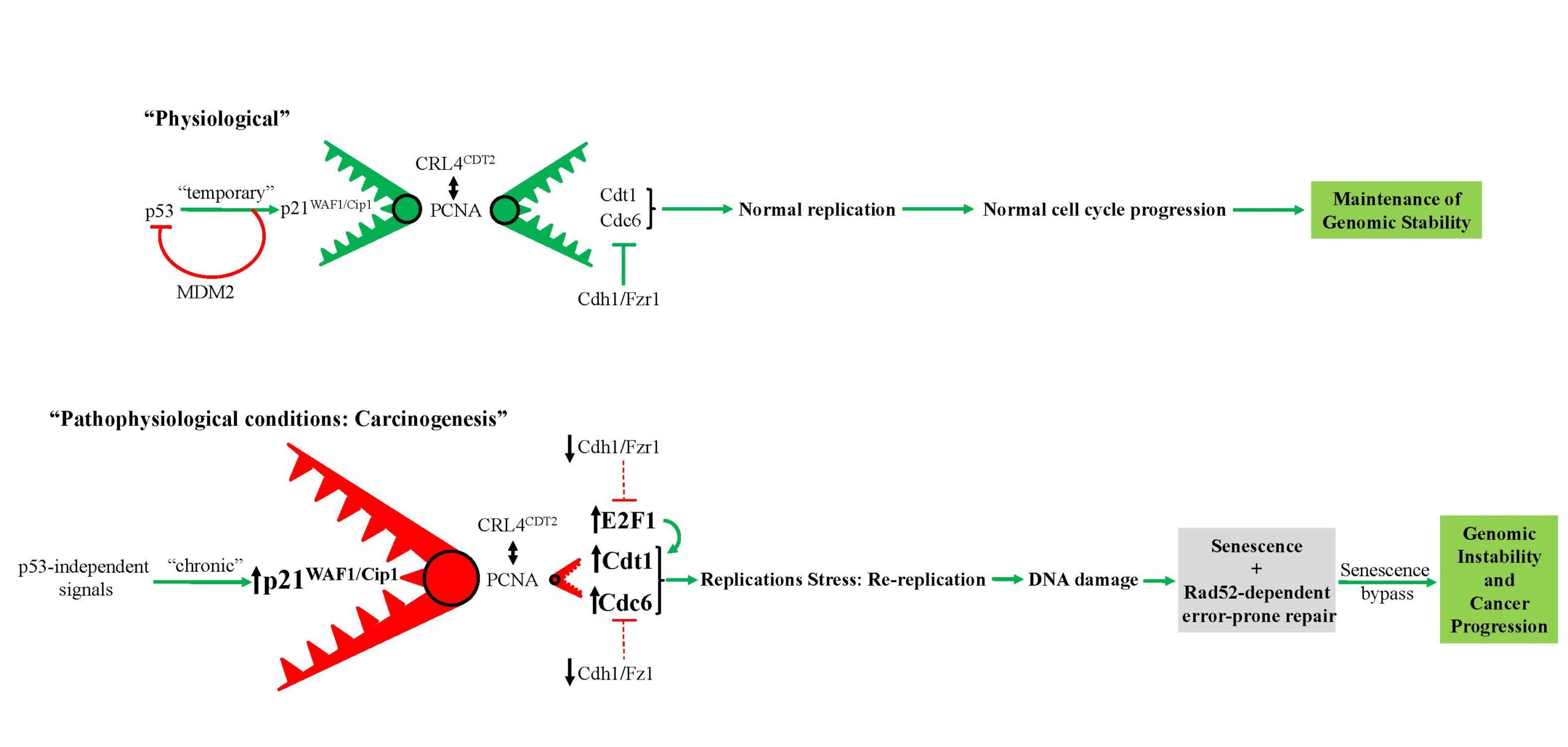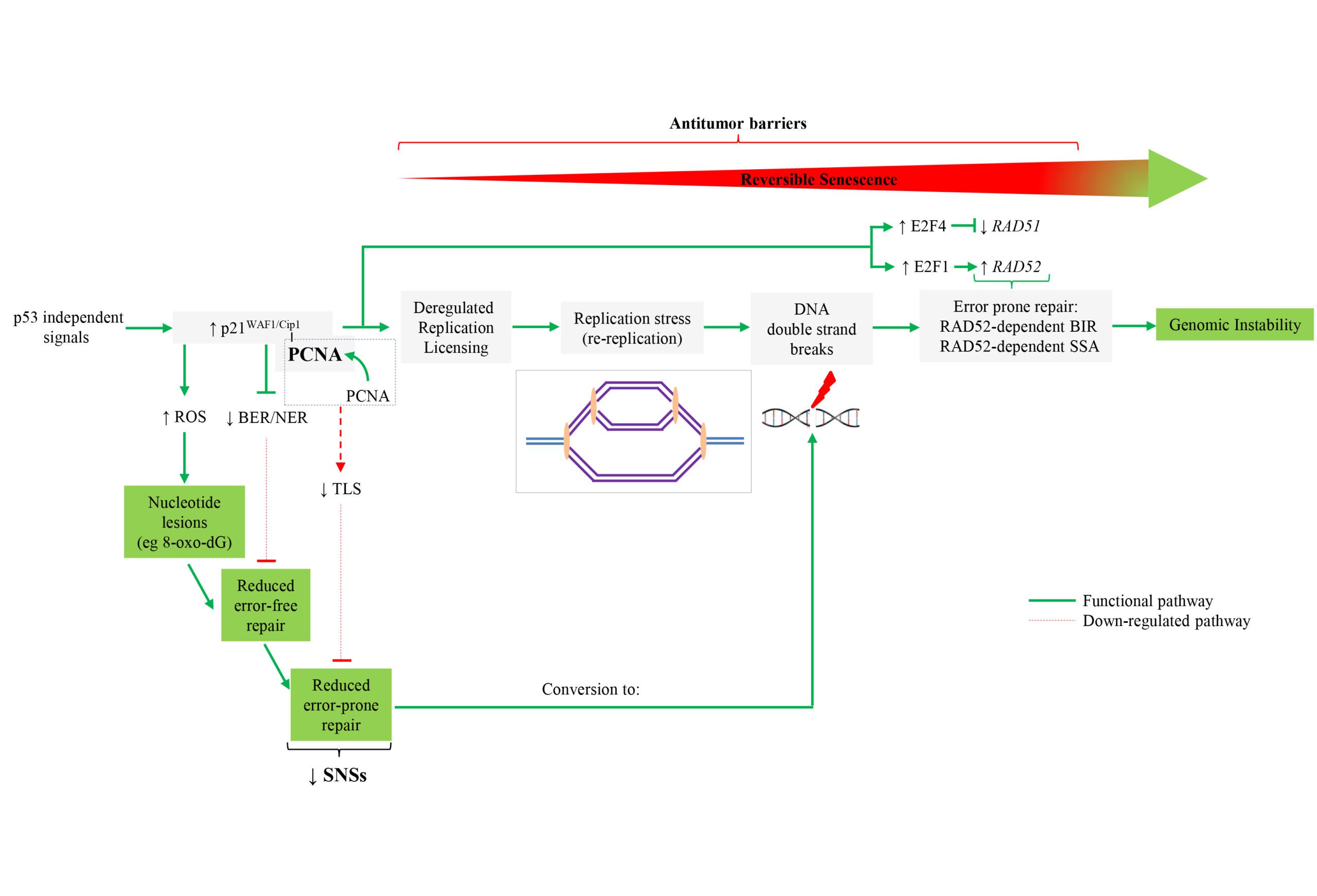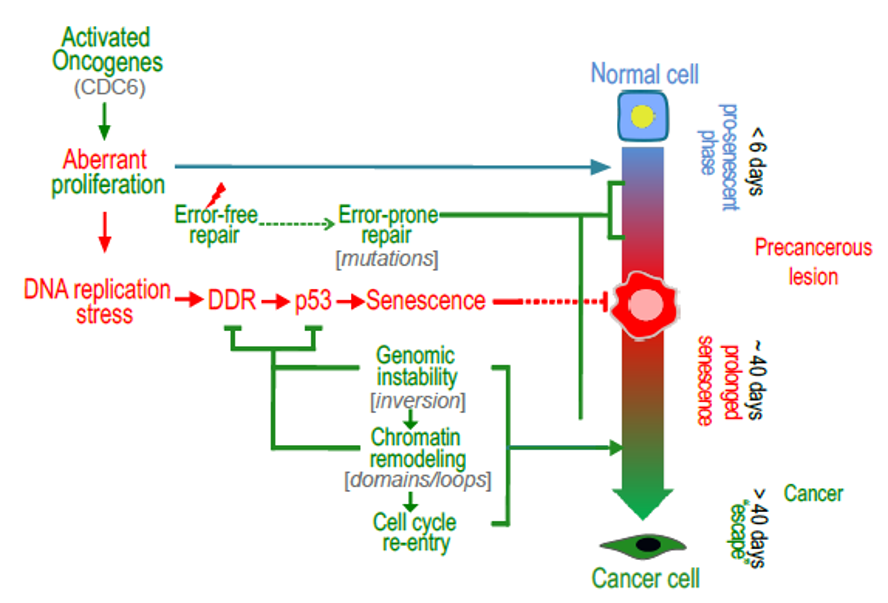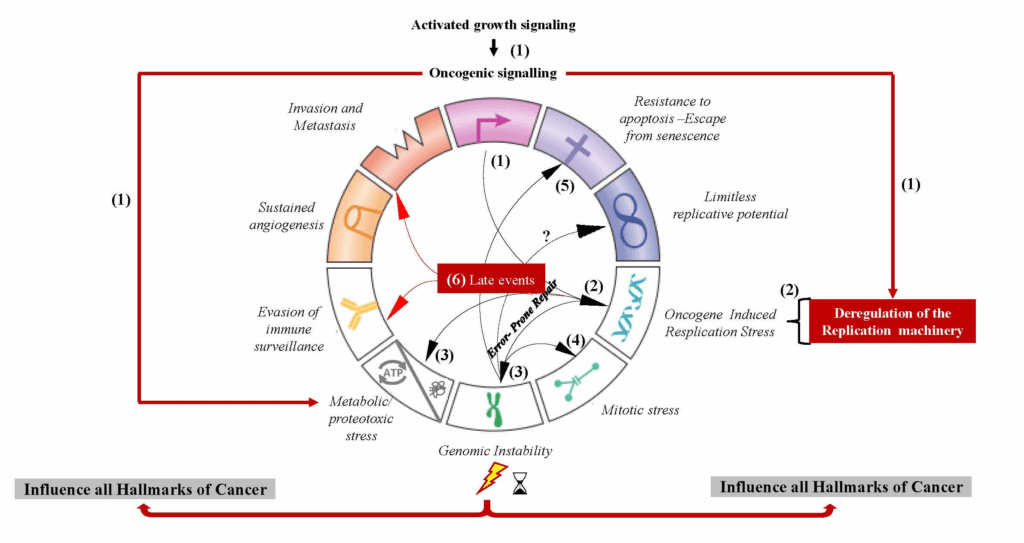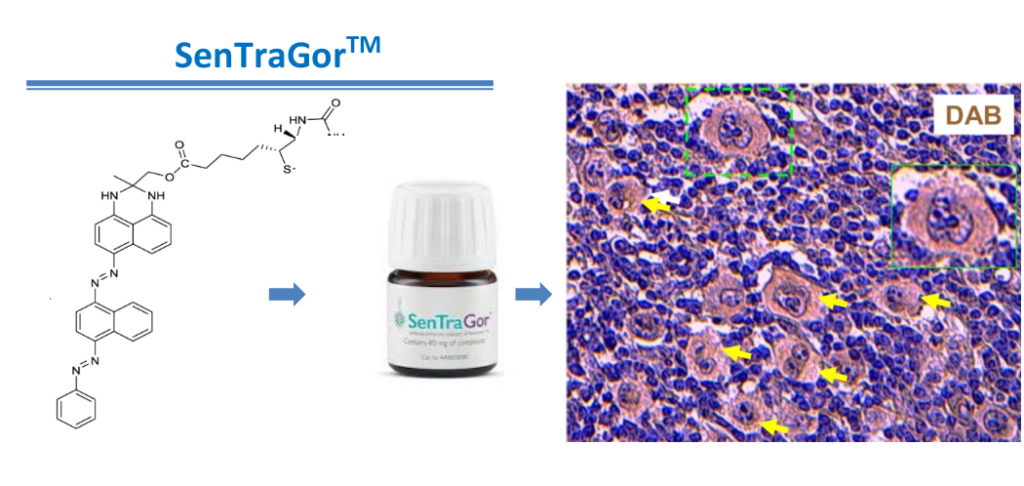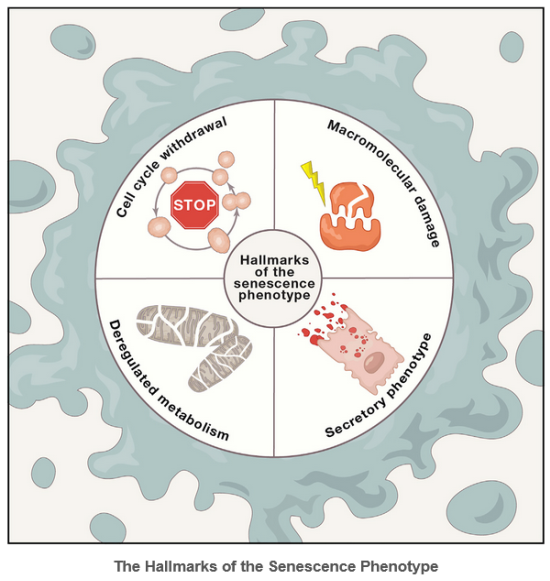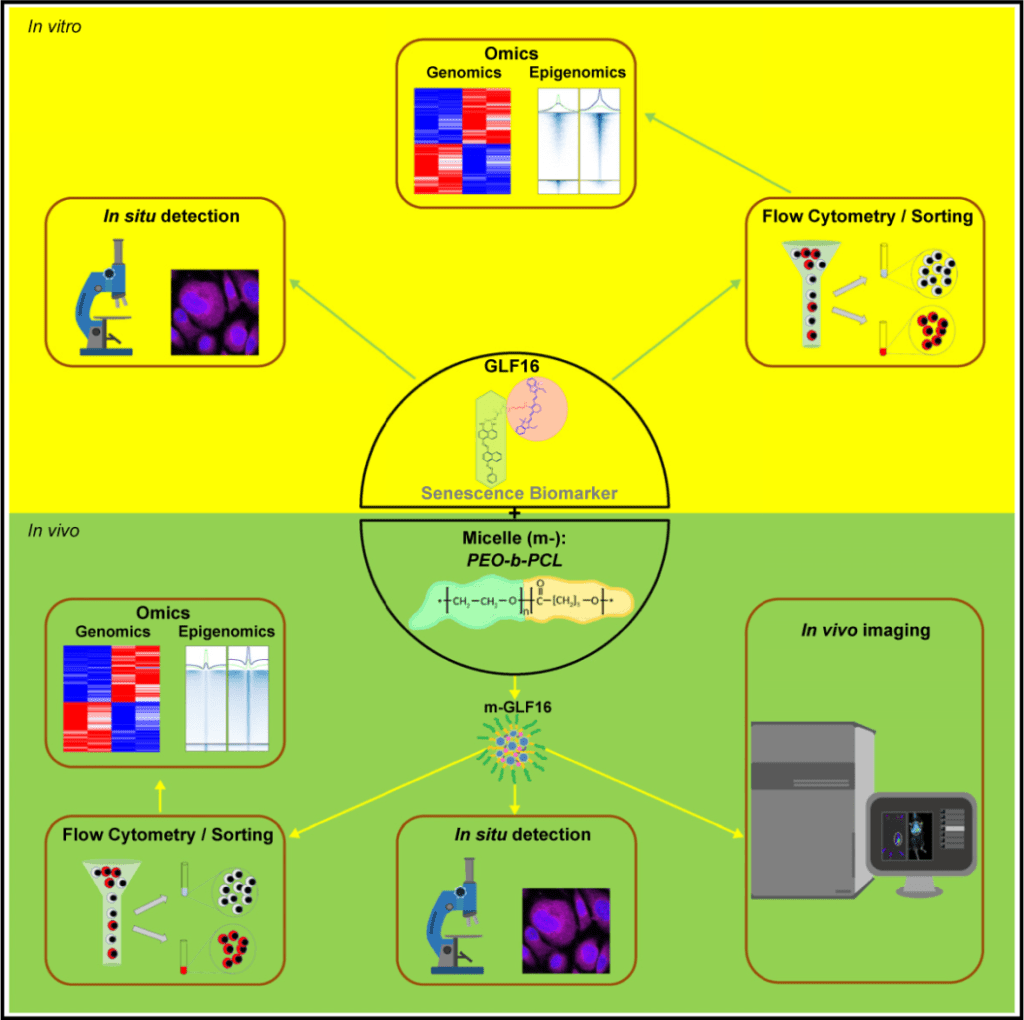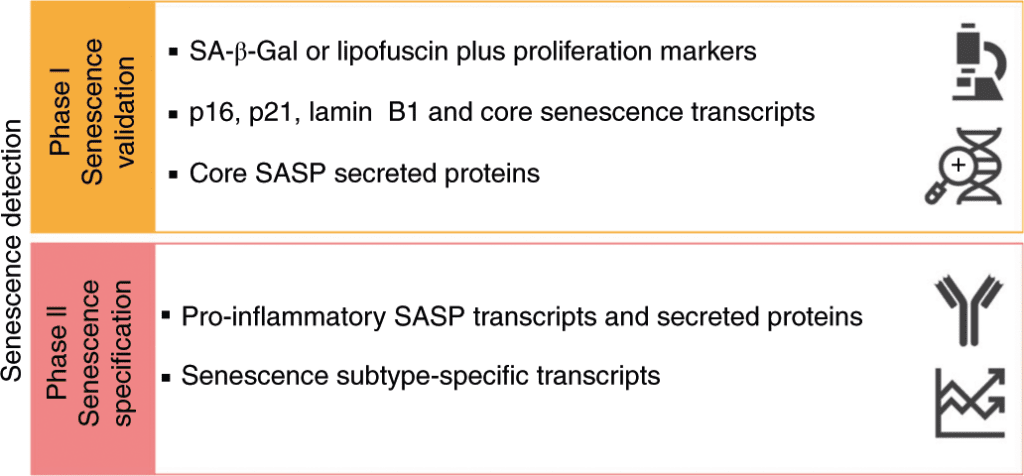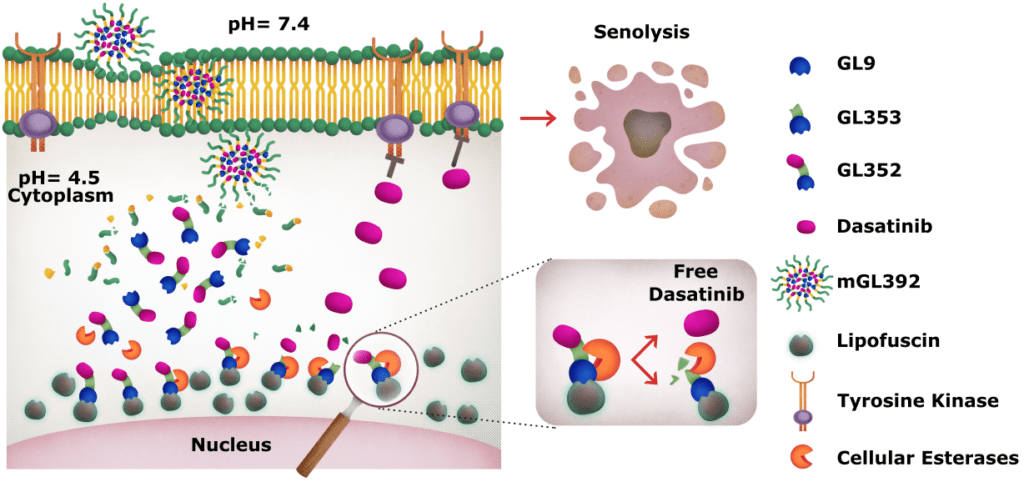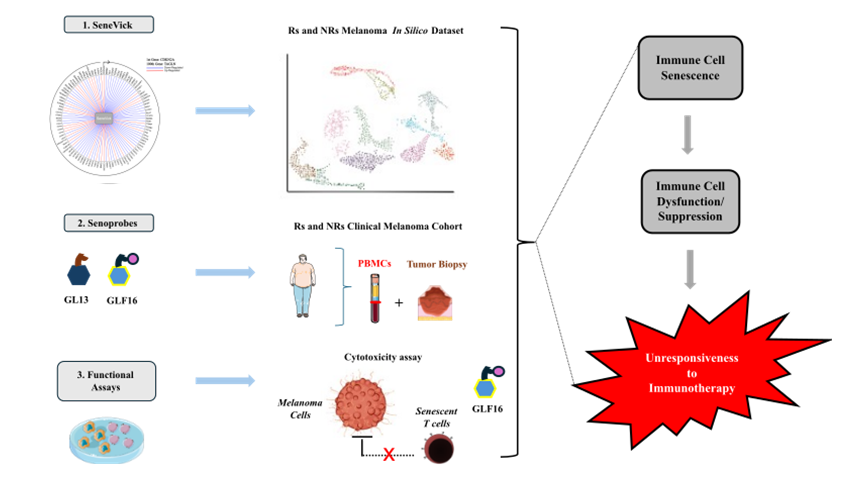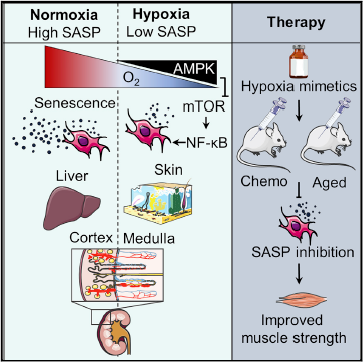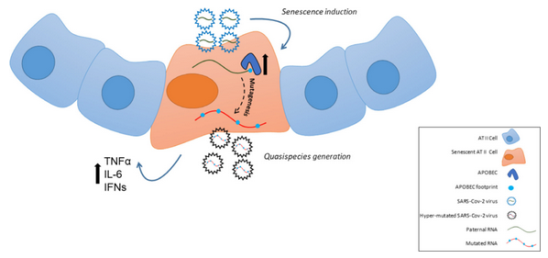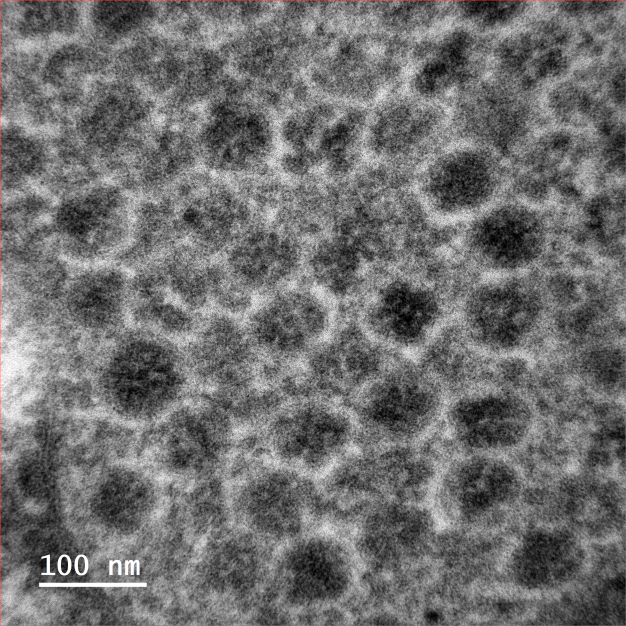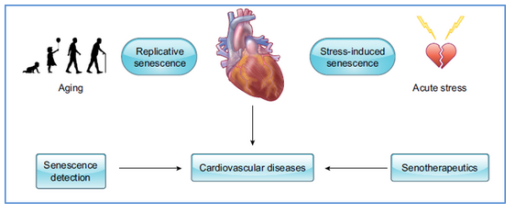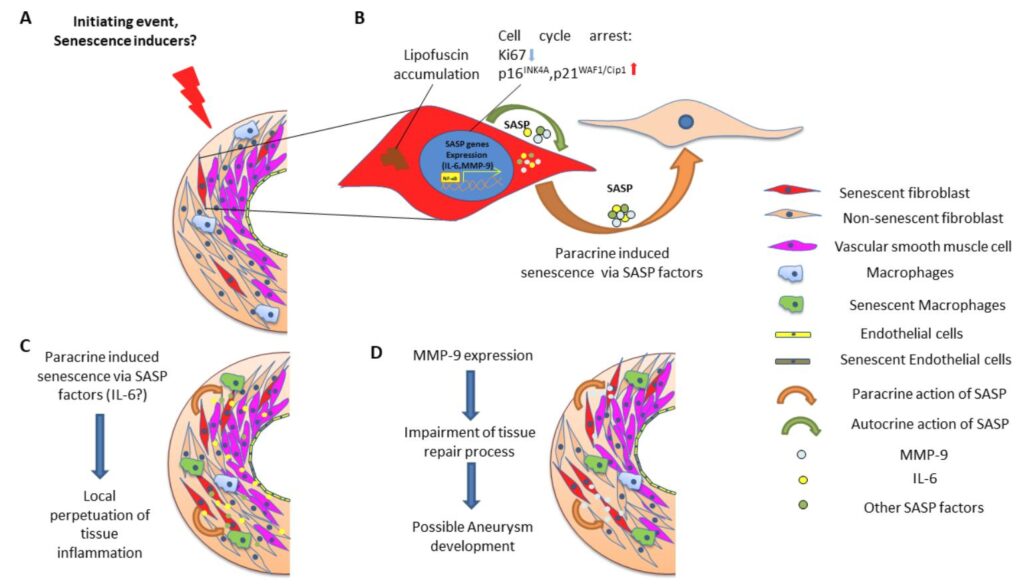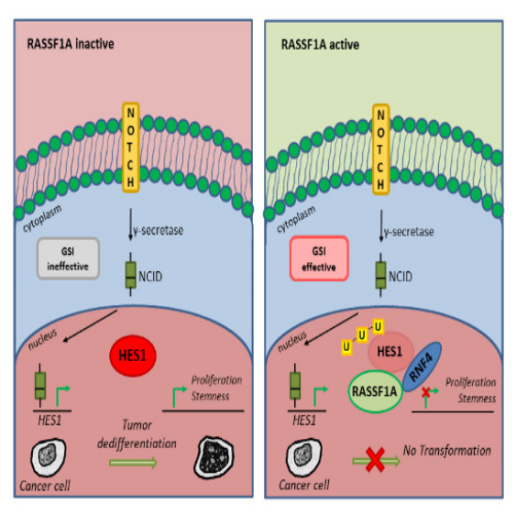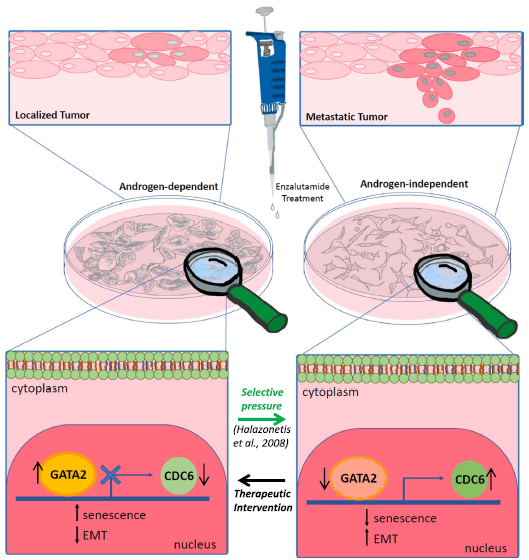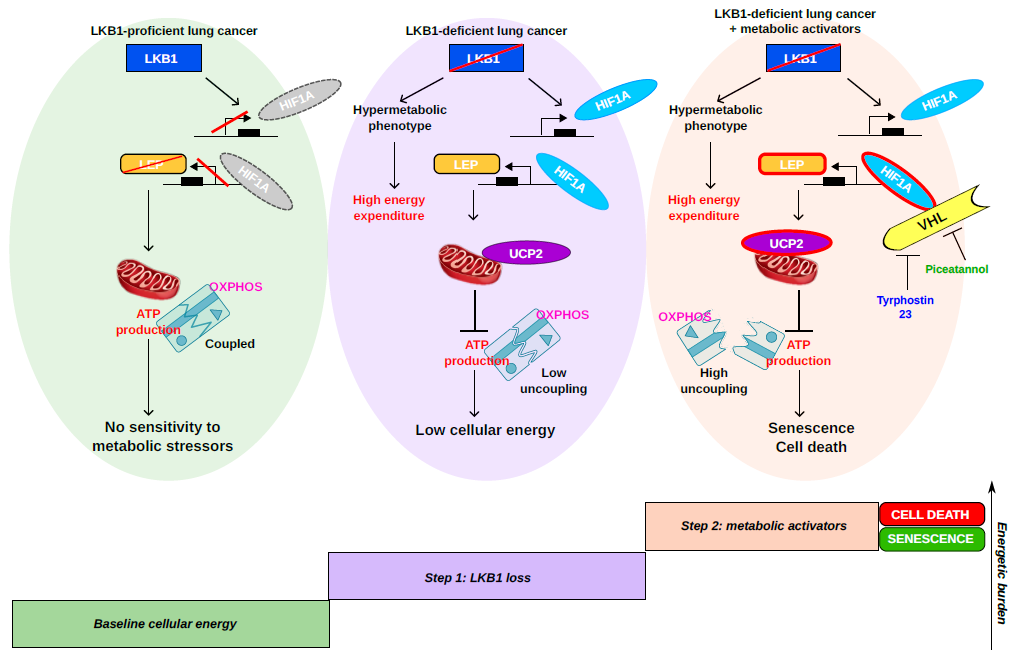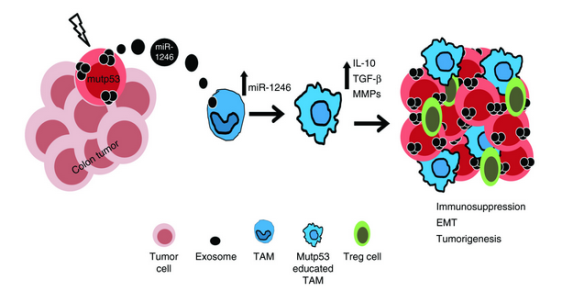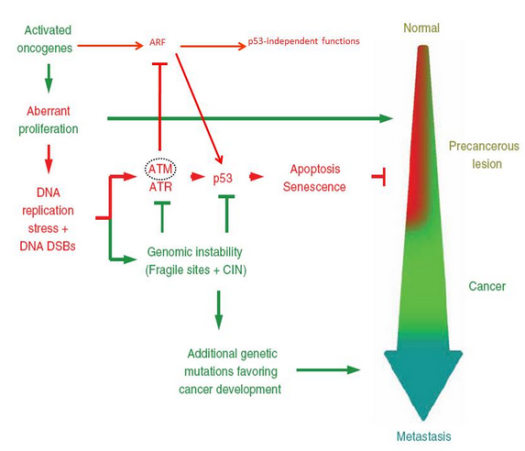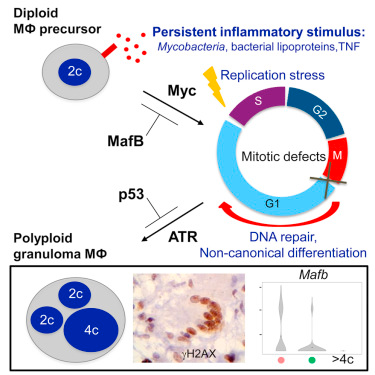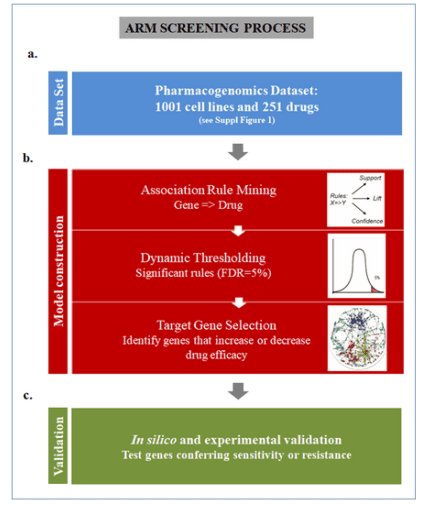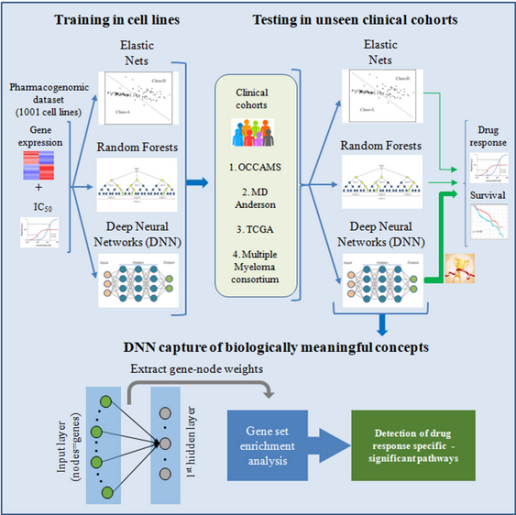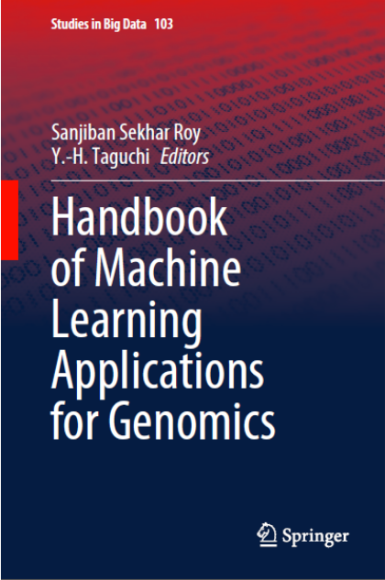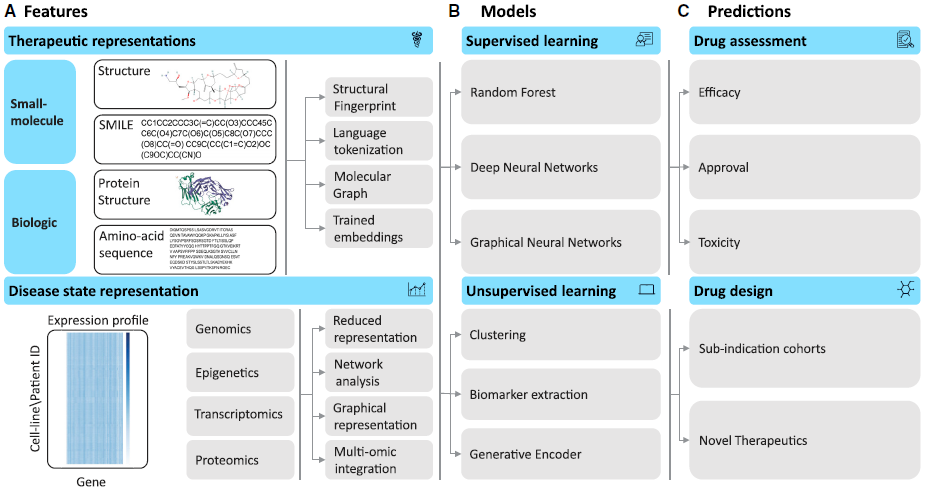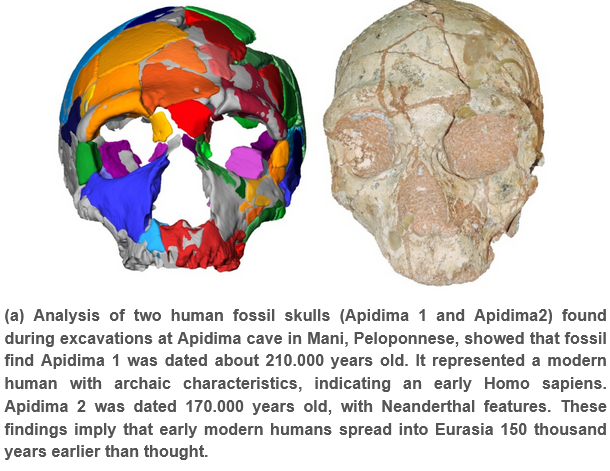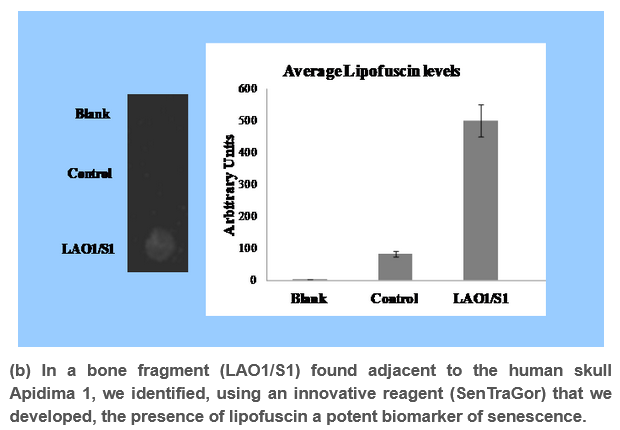
Vassilis G. Gorgoulis
Professor
Research Interests
The main research interest of the Molecular Carcinogenesis Group (MCG) is focused on deciphering how cells react to oncogenic stimuli to preserve homeostasis. Within this context it investigates how cell cycle deregulation, genomic instability and senescence fuels cancer progression. Based on the extensive molecular pathology experience that the group possesses, notable clinico-pathological observations are functionally recapitulated in vitro and in vivo, aiming to decode the underlying mechanisms driving aberrant cellular behavior. The major achievements of the group are the following:
1 Establishing the “Oncogene-induced DNA damage model for cancer development”
2Clarifying the functional interplay of the two major antitumor barriers: DDR and ARF
3Revealing the oncogenic role of the replication licensing machinery in cancer
4Demonstrating that Genomic Instability drives Escape from Senescence fueling Cancer Progression
5Developing pioneer senescence biomarkers (SenTraGorTM – GLF16) and selective senolytics
6Understanding how cellular senescence is involved in age-related pathologies
7Exploiting molecular patterns for precision medicine based cancer therapy
8Contributing to our understanding of the role that inflammation plays in cancer
9Development of machine learning algorithms to predict biological responses
10Providing anthropological evidence of humans evolution
1Establishing the “Oncogene-induced DNA damage model for cancer development”
Key studies from 1996 to 2011 leading and supporting the model:
1. J Pathol 1996
2. Br J Cancer 1998
3. Am J Pathol 1998
4. Cancer 2000
5. Cancer Res 2001
6. J Pathol 2002* (J Pathol 2002)
7. Am J Pathol 2002
8. J Pathol 2004
9. Am J Pathol 2004* (F1000 Prime)
10. Nature 2005* (Nature 2005)
11. Nature 2006* (Nature 2006)
12. J Pathol 2006
13. Int J Cancer 2006
14. Cancer Res 2007a
15. Oncogene 2008
16. Am J Pathol 2009
17. Nat Genet 2011* (Nat Genet 2011)
18. Nat Cell Biol 2011* (F1000 Prime)
19. Cell Mol Life Sci 2014
*Publications with recognitions
This led in ...
… establishing Genomic Instability and Senescence, as hallmarks of cancer
2Clarifying the functional interplay of the two major antitumor barriers: DDR and ARF
Functional interplay between the DNA-damage-response kinase ATM and ARF tumour suppressor
The DNA damage checkpoint precedes activation of ARF in response to escalating oncogenic stress during tumorigenesis
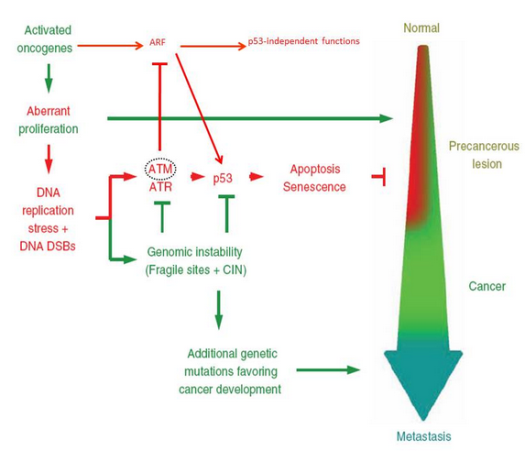
3Revealing the oncogenic role of the replication licensing machinery in cancer
4Demonstrating that Genomic Instability drives Escape from Senescence fueling Cancer Progression
Prolonged expression of p21 WAF1/Cip1 in p53-null cells as a driving force for escape from senescence and cancer progression
Escape from oncogene-induced senescence
